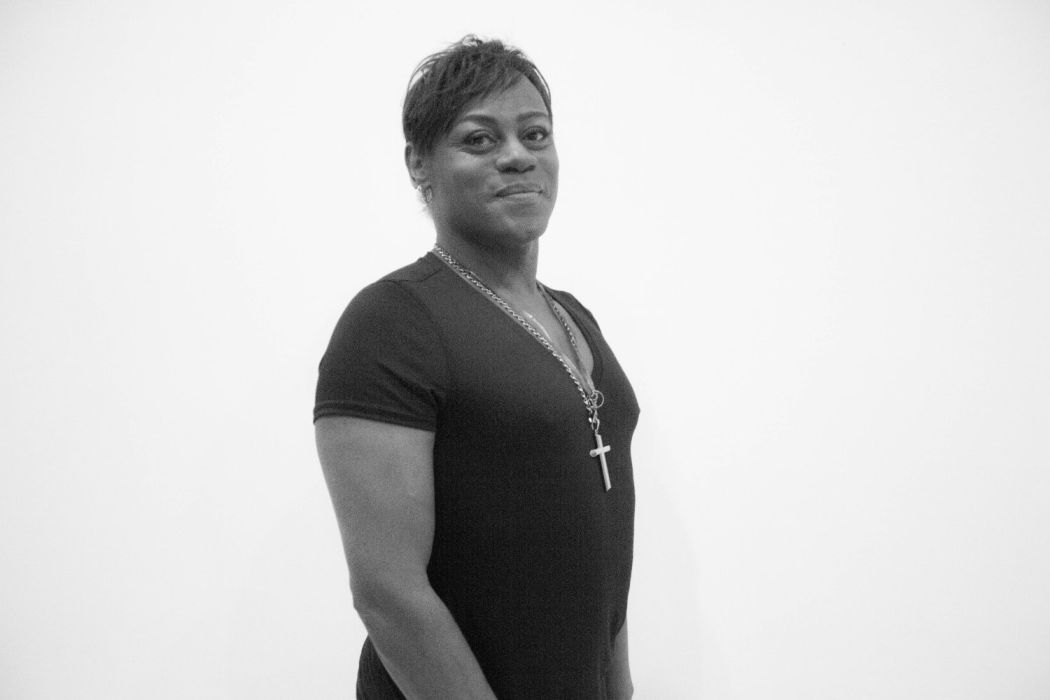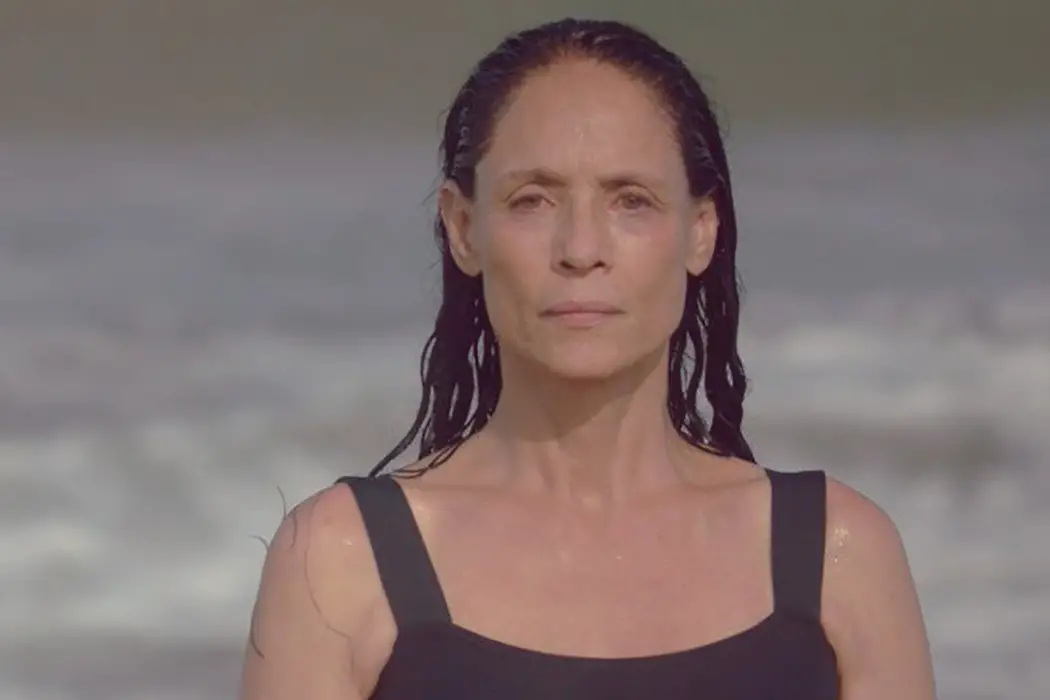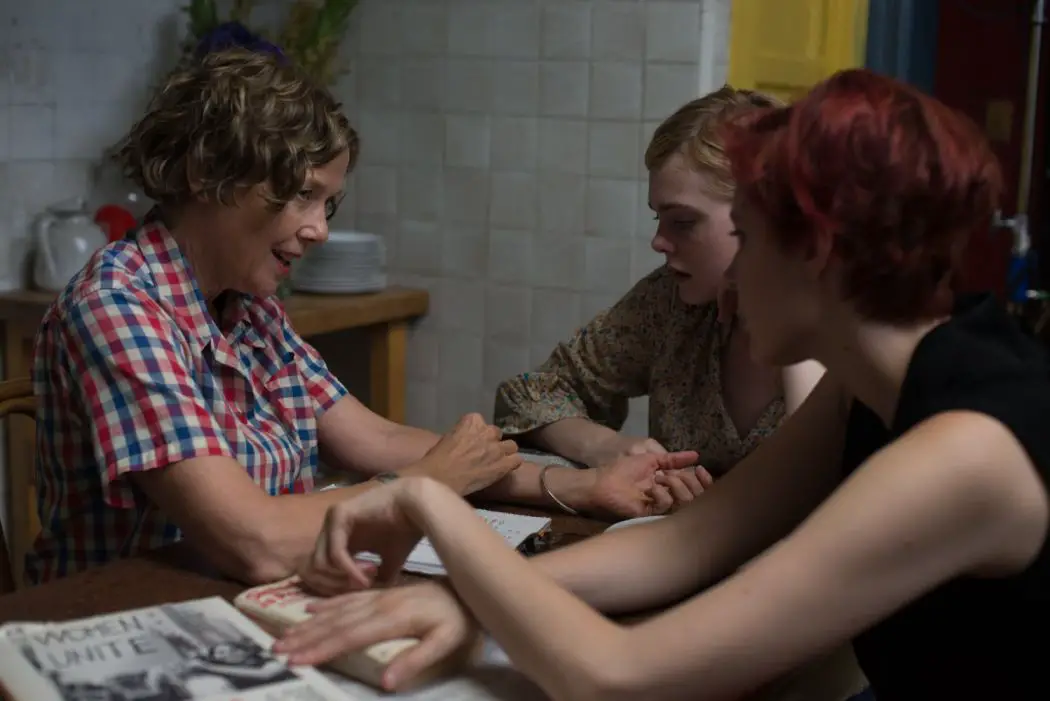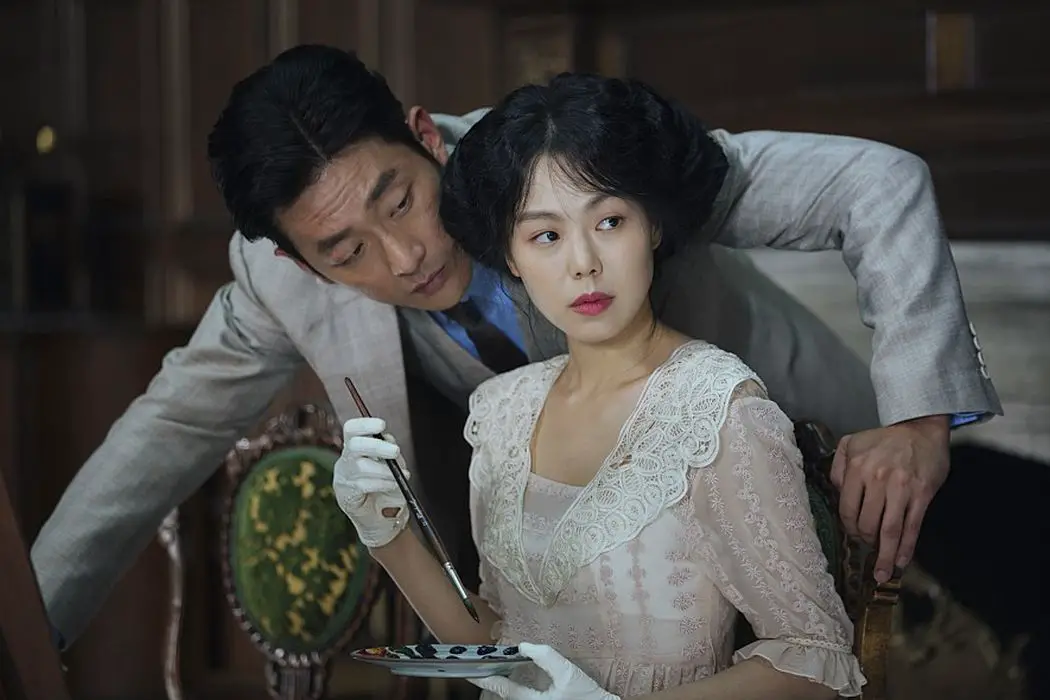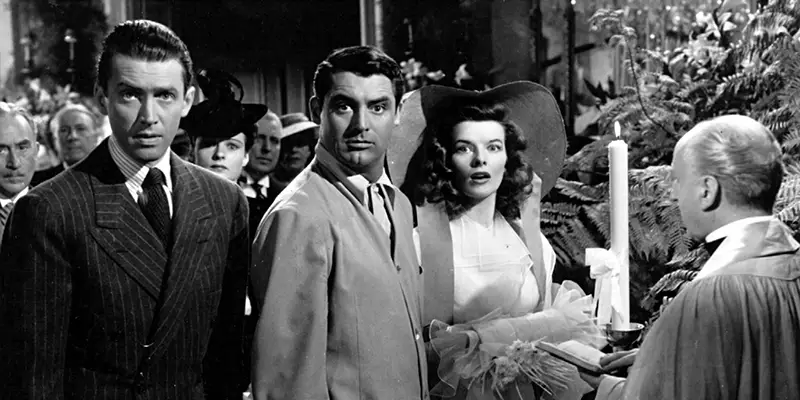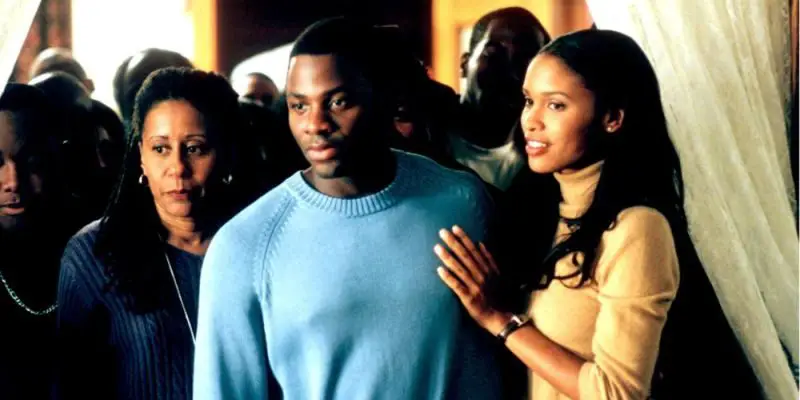sexuality
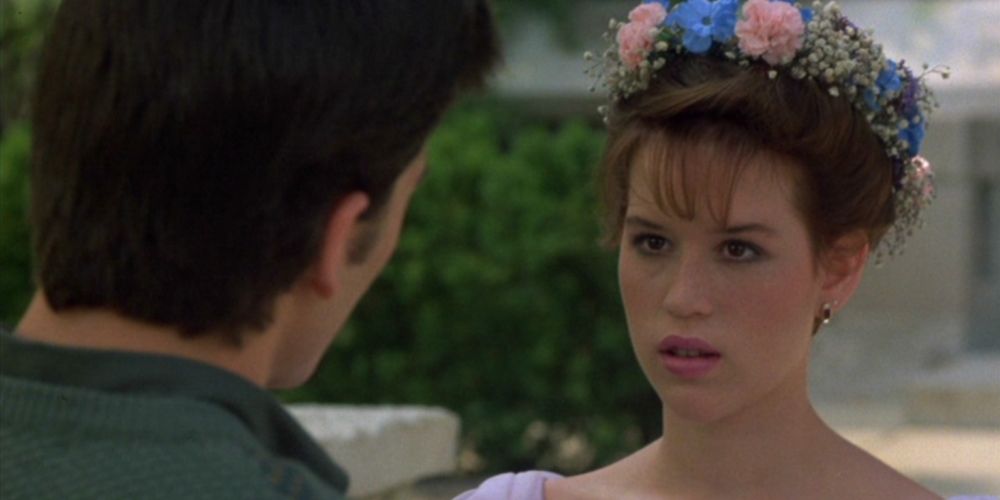
There’s a strange dichotomy surrounding the films of John Hughes, both written and directed. In one sense, there have been few directors that have so understood the angst of the teenage experience. Yet, conversely, Hughes’ depiction of both race and gender are entirely at odds with his apparent insight into the teen condition.
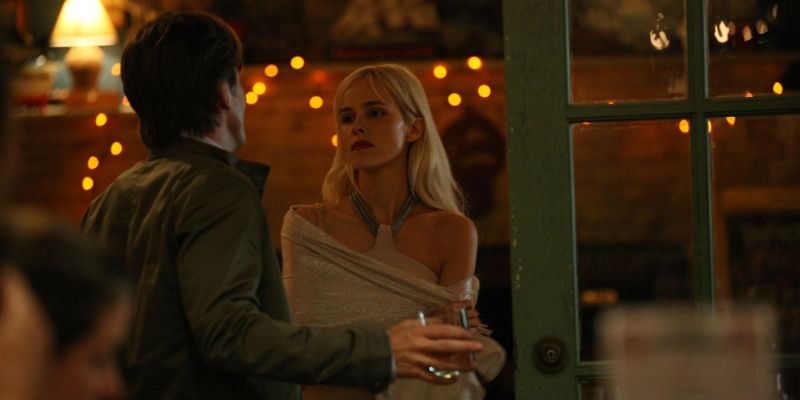
Despite the title being one of the most fascinating I’ve seen in a while, Careful What You Wish For, directed by Elizabeth Allen Rosenbaum, is about as painfully average as a neo-noir thriller film can get. You will not be surprised or fascinated at any point in this film, where a younger man takes an older woman (Isabel Lucas) as his lover. Though, said older woman isn’t all that much older than him, sadly showing how limited roles for women are in this industry.
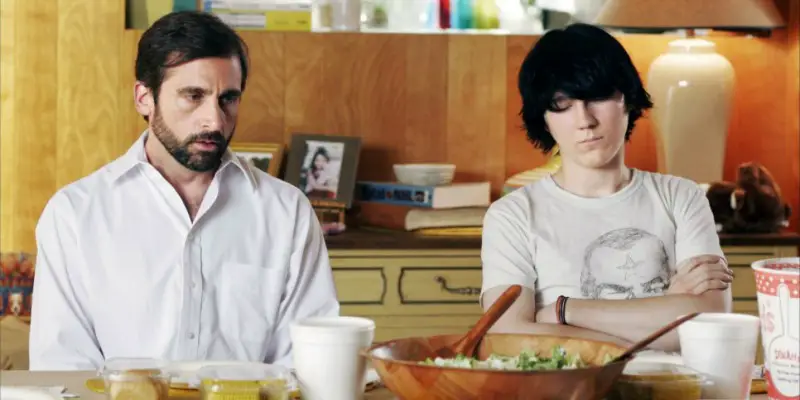
The subject of mental illness and disorders are interesting, educational, and sometimes sensitive topics in film. From watching movies like Girl, Interrupted, The Road Within and The Machinist, audiences learn a great deal about very real and problematic issues surrounding sufferers, however, can it be said that these representations are portrayed correctly? The film industry is guilty of depicting disorders such as hysteria as an illness that only women suffer from, and autism is far too often painted as a superpower, not to mention the unclear representation of schizophrenia, which causes audiences to confuse the illness with dissociative identity disorder.



